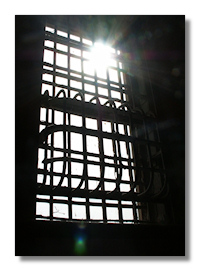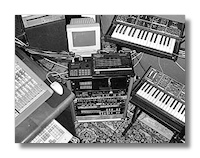
Amid Despair in a Venezuelan Prison, Strains of Hope From a Music Program
By Scott Dalton
Los Teques, Venezuela – When Nurul Asyiqin Ahmad was taken seven months ago to her cell at the National Institute of Feminine Orientation, a prison perched on a hill in this city of slums on the outskirts of Caracas, learning how to play Beethoven was one of the last things on her mind.
"The despair gripped me, like a nightmare had become my life," said Ms. Ahmad, 26, a shy law student from Malaysia who claims she is innocent of charges of trying to smuggle cocaine on a flight from Caracas to Paris. "But when the music begins, I am lifted away from this place." Ms. Ahmad plays violin and sings in the prison's orchestra.
In a project extending Venezuela's renowned system of youth orchestras to some of the country's most hardened prisons, Ms. Ahmad and hundreds of other prisoners are learning a repertory that includes Beethoven's Ninth Symphony and folk songs from the Venezuelan plains.
Read more about this at the New York Times website:
http://www.nytimes.com/2008/06/23/world/americas/23venezuela.html





















